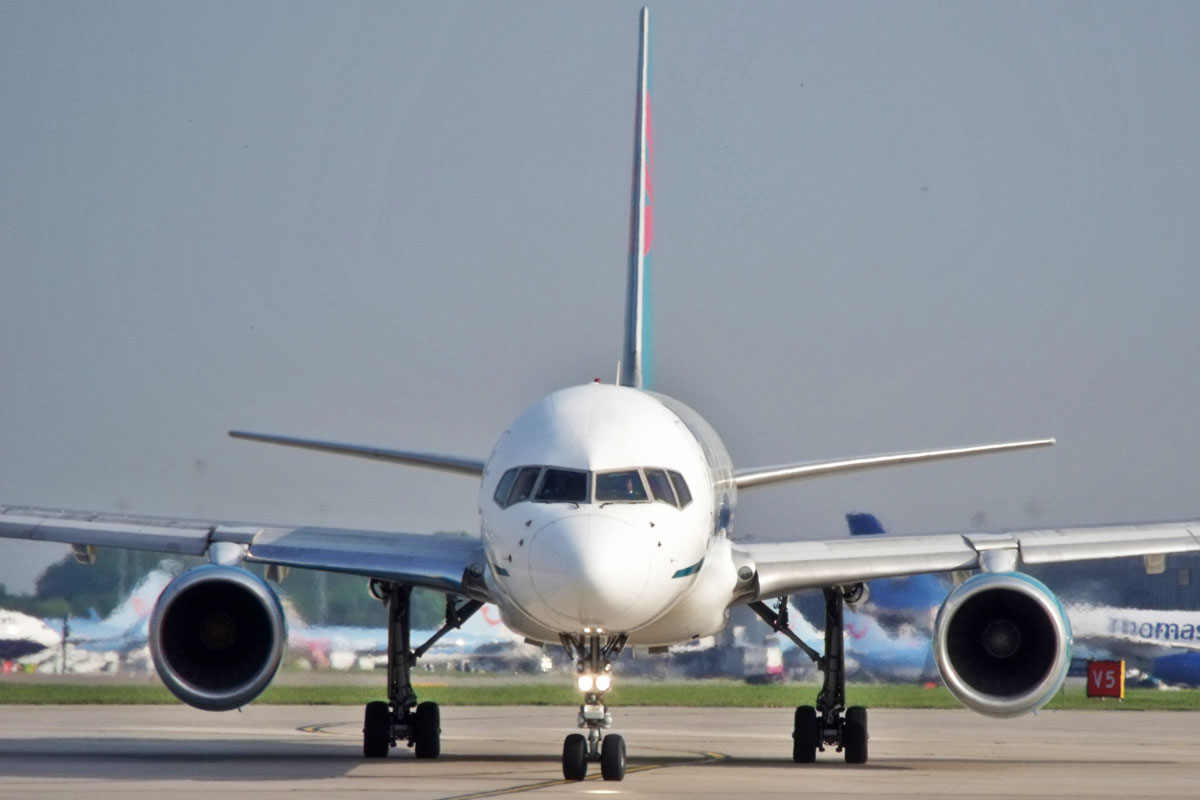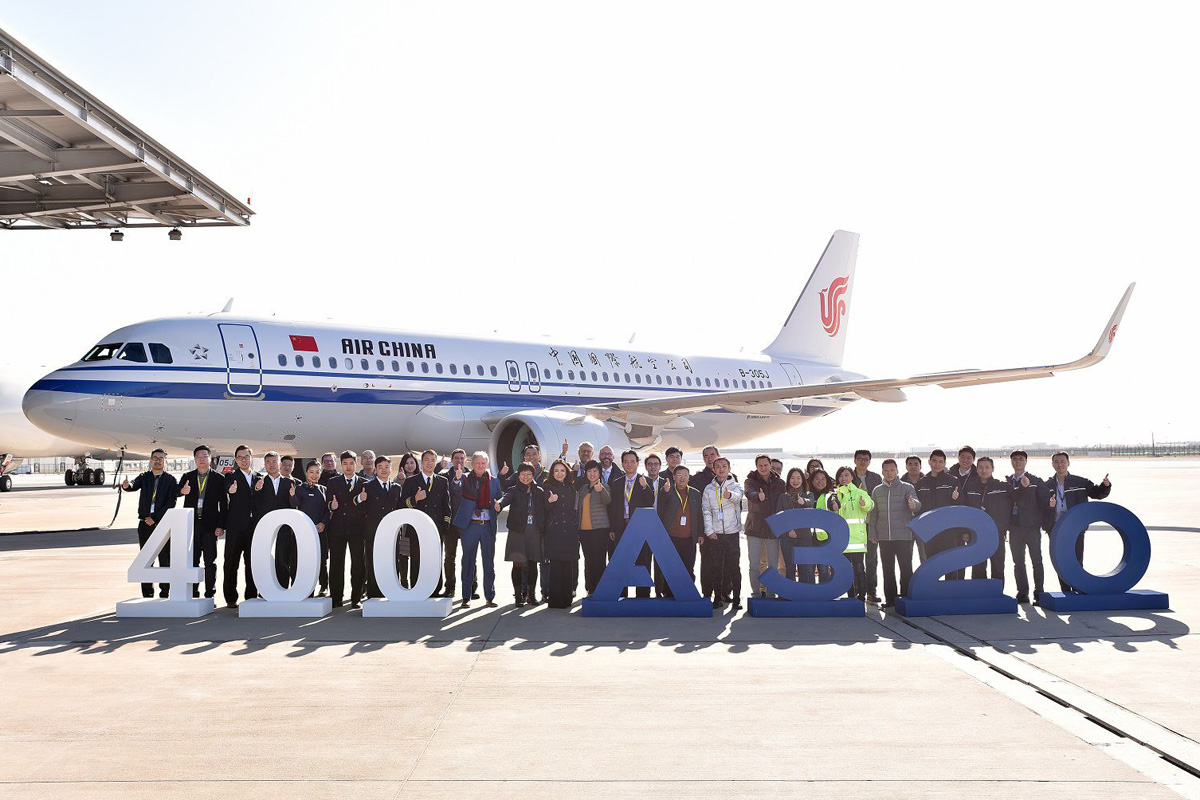Airbus said the A321XLR type certification campaign is entering the final phase. An ultra-long-range variant of the A320neo family, the jet with up to 240 seats will enter service at the end of the year with Iberia.
According to the planemaker, work has focused on the “Instructions for Continued Airworthiness” (ICAs), standard documents for type certification to be issued. They are expected to be completed during the summer, Airbus said.
Although most of them are identical to the other members of the A320 series, the A321XLR introduces significant differences that allow it to fly for up to 4,700 nautical miles (8,700 km) non-stop.
Follow Air Data News: WhatsApp | Google News | Instagram | LinkedIn | Twitter | Facebook

The main change is the introduction of the rear center fuel tank (RCT), in the lower part of the fuselage. Because of this, the A321XLR had its belly fairing extended to protect the tank in the event of a belly landing, for example.
The A321XLR also received a modified landing gear, new wing flaps, as well as new fuel, water and waste systems with greater capacity. Therefore, the aircraft also has a higher maximum take-off weight.
Team of technical experts
Concern from civil aviation authorities over the protection of the new fuel tank motivated Airbus to make the belly fairing extension a replacement item rather than being repairable as on regular versions of the A321neo.
“For potential cases where there would be a lower probability of in-service repair, Airbus’ services organization will stock pre-emptive spares and tooling at various locations to support the A321XLR fleet,” explains the company.

In addition to the entire certification process, Airbus revealed that it is preparing a team of technical experts who will accompany A321XLR operators during the first six months after the aircraft’s launch into service.
Airbus expects to obtain type certification for the new variant from EASA in the third quarter of 2024, which should be followed by the US FAA.
Iberia, the launch customer for the A321XLR, announced that the first routes will be Madrid-Washington and Madrid-Boston, both in the United States.






